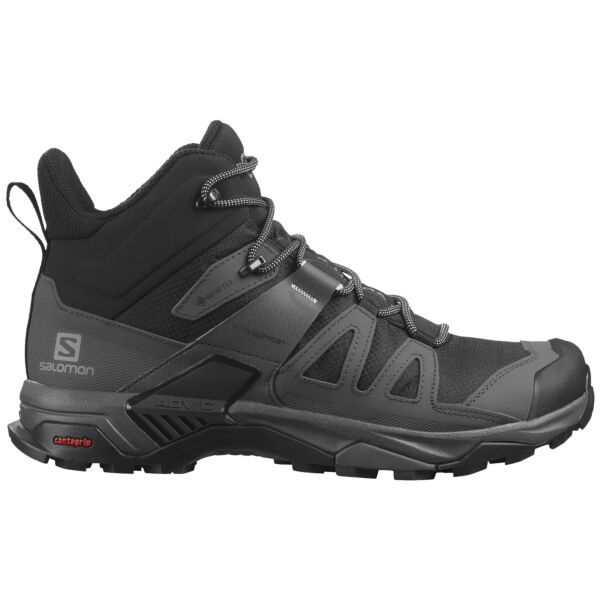Ethical Hiking Clothing Choices for Women - Eco-Friendly and Sustainable
- robertsmithtuscan
- Jul 24, 2023
- 2 min read

Introduction
Hiking is a fantastic outdoor activity that allows us to connect with nature and appreciate its beauty. As we embark on our journeys through rugged terrains and breathtaking landscapes, it's crucial to consider the impact our choices have on the environment. Ethical hiking clothing choices for women play a significant role in promoting eco-friendliness and sustainability. In this blog post, we'll explore the importance of opting for eco-conscious clothing and highlight some sustainable options for women hikers.
The Environmental Impact of Conventional Hiking Clothing
Traditional hiking clothing is often manufactured using synthetic materials, such as polyester and nylon, which are derived from non-renewable resources like petroleum. The production of these fabrics releases harmful greenhouse gases and consumes vast amounts of water, contributing to environmental degradation. Additionally, many conventional garments are treated with toxic chemicals that can leach into the soil and waterways, further harming the ecosystem.
The Benefits of Ethical Hiking Clothing
Choosing ethical hiking clothing offers several benefits for both the environment and ourselves. Firstly, eco-friendly apparel is typically made from sustainable and renewable materials like organic cotton, bamboo, hemp, or recycled fabrics. These materials have a lower environmental footprint and promote responsible land use. Moreover, ethical brands often prioritize fair labor practices, ensuring that workers are treated well and paid fairly.
Sustainable Hiking Clothing Options for Women
a) Organic Cotton: Clothing made from organic cotton is an excellent choice for ethical hikers. Unlike conventional cotton, organic cotton is grown without harmful pesticides and chemical fertilizers, reducing its impact on the environment. Additionally, it is biodegradable, minimizing waste at the end of its life cycle.
b) Recycled Fabrics: Many innovative brands now offer hiking clothes made from recycled materials, such as plastic bottles or discarded textiles. By repurposing these materials, we reduce the demand for new resources and help divert waste from landfills.
c) Hemp Apparel: Hemp is a highly sustainable crop that requires minimal water and grows quickly without the need for pesticides. Hemp-based clothing is durable, breathable, and biodegradable, making it an excellent eco-friendly option for hikers.
d) Tencel and Bamboo: Fabrics like Tencel and bamboo are derived from renewable plant sources and use environmentally friendly production processes. These materials offer excellent moisture-wicking properties and are naturally hypoallergenic.
Caring for Ethical Hiking Clothing
To ensure the longevity of your eco-friendly women's hiking apparel, follow these care tips:
a) Wash with cold water: Cold water washing reduces energy consumption and helps preserve the fabric's integrity.
b) Air-dry when possible: Avoid using the dryer and instead hang your clothes to air-dry, reducing energy usage and extending the life of the garments.
c) Repair and recycle: Mend any tears or damages to prolong the lifespan of your clothing. If the garment is beyond repair, look for recycling programs that accept textiles.
Conclusion
Embracing ethical hiking clothing choices for women is a vital step towards preserving our planet's natural beauty. By opting for eco-friendly and sustainable garments, we reduce our environmental impact and support ethical practices in the fashion industry. Checkout best hiking clothes for women. Let's tread the trails with a sense of responsibility and appreciation for the environment, making our hiking adventures not only memorable but also ecologically mindful.


Comments